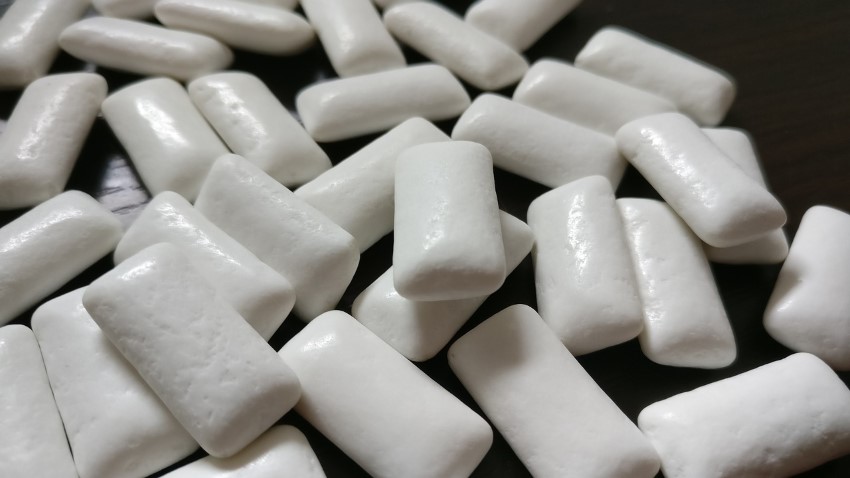In 1995, Seinfeld was the biggest thing happening in television. The sitcom was the top-rated show on television attracting millions of viewers around the world weekly. It is still viewed by millions in reruns today.
But perhaps no episode of Seinfeld ever captured America’s attention like the famous – or infamous, depending who you ask – “Soup Nazi” episode that aired in November of that year.
The story centered around a New York City soup shop whose product was so tasty patrons would line up around the block and withstand verbal abuse just to get it – or not. Those who did not follow proper procedure were met with a stern “No soup for you!” from the shop’s proprietor.
A lot of people don’t know the character and the episode were based on real-life. As a chef, Al Yeganeh did not suffer fools gladly at his Soup Kitchen International diner in Manhattan. He was aware of the demand for his product and wanted to make sure as many people as possible got it, so he implemented strict policies: Know what you want before you get to the counter, have your money ready, keep moving. Period.
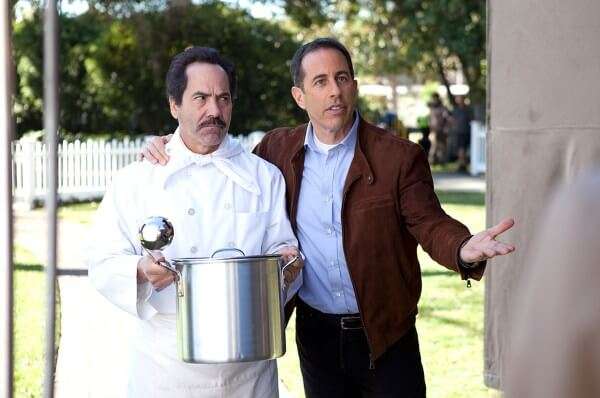
Actor Larry Thomas (also photo above) played the Soup Nazi on Jerry Seinfeld’s famous show.
Seinfeld writers who were fans of the restaurant turned that into comedy gold – much to Yeganeh’s chagrin. He hated the episode that made him famous.
Today, the people involved with The Original Soupman company are still making Yeganeh’s original recipes – chockful of produce sourced daily from New York’s Hunt’s Point terminal market – for customers at a handful of restaurants in the northeast and increasingly in Tetra Pak at retail locations across America or by home delivery.
SPW caught up with Soupman President Joseph Hagan to talk about the TV show that made the soup famous – and how the company is now making sure there’s “Soup for All!” And yeah, it’s pretty much as good as you’ve always heard it is:
SOUTHEAST PRODUCE WEEKLY – Word is that Al himself was not a fan of the Seinfeld episode that made his soup famous around the world.
JOSEPH HAGAN — Oh yeah no question about it. The reality is that the legacy that happened on TV and ‘the N word’ was something that was not appreciated by Al. He looked at that as a negative word and a negative connotation and disrespectful in its very nature. We respect that he feels that way, but it was used in a total comical light. If you peel the onion back a little bit you realize it became so successful by using humor.
There’s tradition in New York – I’m a New Yorker; when the light turns green everybody starts honking. You’re willing to pay top dollar for the best product but you want it right now. The fact that New Yorkers waited 45 minutes, sometimes an hour in the rain for that soup speaks volumes – you want the soup and you want it now. The fact that New Yorkers would be patient and wait for it speaks volumes with the go-go attitude of the native New Yorker.
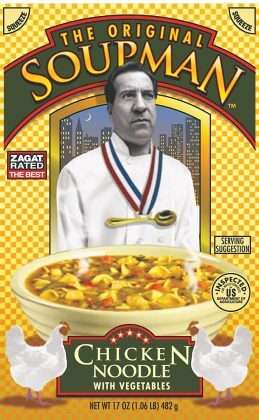
The original Soupman, Al Yeganeh
Al understood that and he understood people were waiting at the back of the line. Soups were made fresh locally every day with fresh produce bought and prepared fresh daily. So at the end of the day he knew his soups were going to be sold out, he wasn’t going to spend all kinds of extra time with little chit chat when it came to make the transactions of which soup you want.
By the time you got up there, you better know and have your money ready – the quicker he can get rid of you the less the person next in line has to wait. He was respectful that people were willing to wait and he had no patience for anything that was going to disturb that process of moving the line. He was meticulous in how he made the soup, he was meticulous in how he delivered the soup.
SPW – So how did the famous ‘Soup Nazi’ episode come to be?
HAGAN — It became obvious to all New Yorkers — including the writers of the Seinfeld show – “Soupman has the best soups.” One of the (Seinfeld) interns got thrown off the line and made a big stink. When he came back with no soup, the writers said, ‘What happened?’ He said he got thrown out. That legacy was authentic.
SPW – It makes you wonder if an episode like that could even run in today’s highly politicized climate.
HAGAN — I will tell you regardless of the political climate, Al looked at it as an insult. He took the preparation and delivery of his product, of his babies, very seriously. To call someone a name and laugh about it, he never really got that. We respect that. But we’re a business now, you don’t have to wait in line for food, in the sunshine or the rain, we want to get it to everybody as efficiently as possible and as often as possible.
SPW – The exposure from the episode was extraordinary and one would assume continues to be. How do you leverage it?

Chicken noodle soup loaded with veggies from Hunts Point
HAGAN — It’s easy to leverage something that. You have tour buses that made the original soup shop part of the NYC tour, you have Google search looking for “soupman” and “no soup for you” all day every day around the world. We wanted to tap into what was there not only (for promotion) but to satisfy that demand. One of the ways we’re trying to be creative and consistent across the board is to have a soup of the month club, which we recently announced — when we come out with new, seasonal varieties, limited supply of each run, members will have first run at it but it will be online as well. We have plans on getting into more diversified soups along the lines of ethnicity – Soupman’s “melting pot” soup series.
What we’ve already done is take the freshest ingredients with the best recipes and get them in as many hands a possible – we do it in grocery stores with a process called Tetra Pak, not the cheapest way to produce it but the best way.
SPW – Where do those ingredients come from and how do you maintain that legendary quality in a larger scale manufacturing process?
HAGAN — This is fresh produce, it’s perishable, it comes from predominately American farms, these trucks get driven into the Hunts Point market on a daily basis. So we know what’s on trend and what’s coming in as we go forward – if the zucchini’s going to be costing a lot and not that great a harvest, whatever soups that need zucchini we may not start making fresh. We’re going to use what’s there — okra, carrots, garlic, green beans — I can go down the list – snaps, spinach…
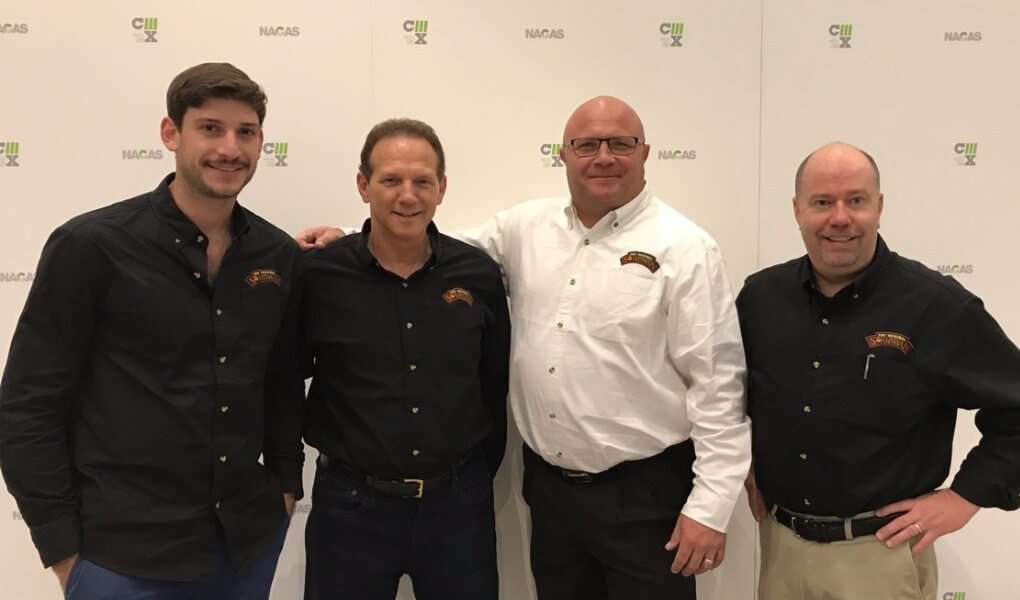
The Original Soupman braintrust — Joe Hagan is in the white shirt
I can tell you if there’s more cauliflower than peppers in one of these varieties. We have buyers in the marketplace who can tell us to pull back on (preparing) some varieties and promote others based on freshness. But there will be a few dozen, probably 50 different varieties, we will have available so we’re going to be depending on a lot of certain vegetables in quantity that we can access and procure. We can be flexible knowing what’s coming in and prepare for that.
SPW – How do you decide what soups to offer regularly as opposed to limited runs or seasonally?
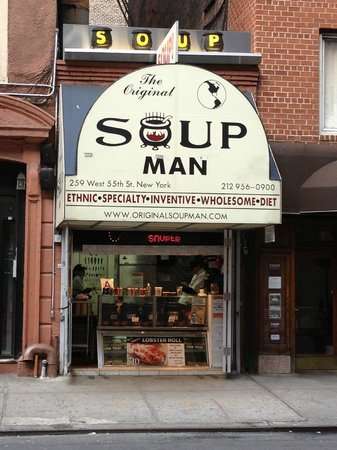
The now-famous Manhattan original.
HAGAN — Al was a tasteologist for sure and the soups were delicious and fresh. But the reality is the palates are changing – baby boomers and millennials want to eat a little healthier. So we are looking to come out with some new broths, the bone broths that are out there, there are a lot of cold drinkable soups that are on-trend, we want to come out with them in the summer time, come out with some new on-trend soups with as much health benefit as we can put into our product while maintaining that same great taste. The “melting pot” soups, that literally could be endless because if you look at the diversity of the U.S. population, we want a beautiful taste of all the cultures that exist in America.
One thing our soups are known for is a ton of ingredients — our chicken noodle has a lot of vegetables, our garden vegetable has a REAL LOT of vegetables. That’s why it’s a premium soup. The way it’s made – the broccoli and cheese, the florets have their integrity, they’re still crunchy, and there’s plenty of it — it’s slow-cooked through a process that allows it to remain the integrity of the particulates in the soup. It tastes delicious and you don’t have to add preservatives and it has a two-year shelf life.

